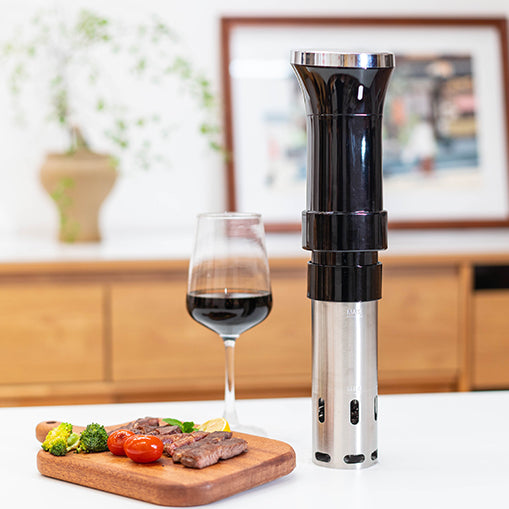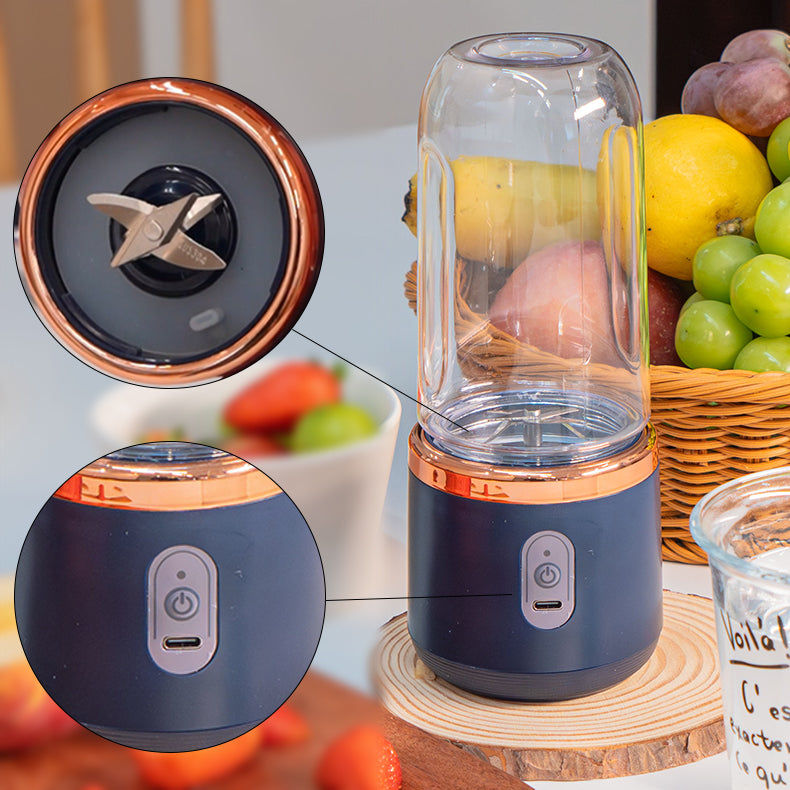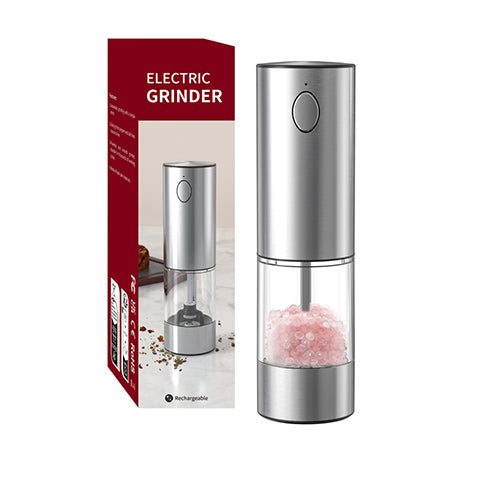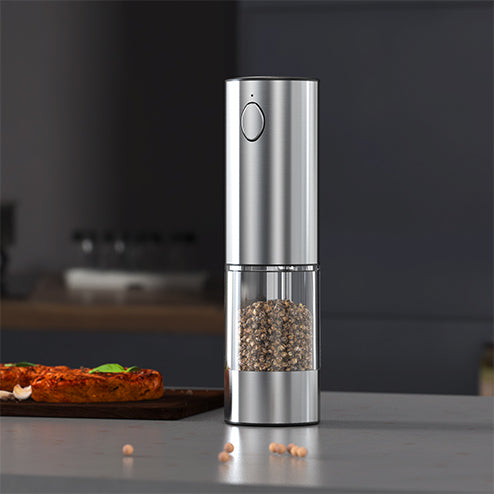You’ve probably heard of or even used a bottle opener called a "church key," but have you ever wondered why bottle openers were called church keys? The term "church key" sounds mysterious and, at first glance, doesn’t seem to connect with opening bottles. However, there’s an interesting story behind it that involves both humor and a bit of history. In this article, we’ll dive into what a church key is, where the name came from, and whether it's still relevant today. By the end, you'll have a better understanding of this common yet intriguingly named tool.

What Is a Church Key Bottle Opener?
A church key is a simple, dual-sided tool traditionally used to pry the cap (also called a "crown cork") off a glass bottle. It’s got two sides: one end easily lifts bottle caps, and the other side has a pointy tip that punches holes in cans—really useful back in the day before pull-tabs existed. Before twist-off caps and modern cans, a church key was a must-have for anyone looking to enjoy a drink. It was such a common household item in the 20th century, and its straightforward design made it a go-to for opening bottles and cans.
What Is the Origin of the Term "Church Key"?
The term "church key" might seem puzzling at first. After all, what does opening a bottle have to do with a key used for churches? Why bottle opener called church key? While the exact origin remains debated, several theories offer a glimpse into why this humble tool earned such a name.

Origins 1: Ironic Humor
One popular theory suggests that the term "church key" originated as a form of ironic humor tied to the brewing practices of monks. Since many brewers at the time were monks, and the beers were kept under lock and key, only accessible to them, the name "church key" could be seen as mocking this irony. Although religious teachings often discouraged alcohol consumption, these monks were the ones making the "accursed" drink. Additionally, the term may have implied that using the church key (bottle opener) to open beer would lead to missing church, rendering the literal church key useless.
Origins 2: Prohibition-era Slang
Another theory for why bottle openers are called church keys links to the Prohibition era (1920-1933) in the United States, when alcohol was illegal. Advocates hoped Prohibition would reduce crime and improve health, but it fell short. After its repeal, canned beer became popular, necessitating the invention of an opener to puncture cans—a "church key." This name likely serves as an ironic reference to accessing what was once forbidden, mirroring the need for a key in religious contexts.
Origins 3: Resemblance to Large Keys
While there are several intriguing theories about the origin of the term, many believe that the name "church key" came from the bottle opener's resemblance to the large, ornate keys used to unlock churches. Early versions of the church key were made from heavy metal and had a design that vaguely resembled the old-fashioned keys used for church doors. So they call a bottle opener a church key.
What Are the Advantages and Disadvantages of the Church Key?
Though the church key may seem outdated to some, it still has its advantages, particularly for opening certain types of bottles. However, it also comes with a few limitations in modern contexts.

Advantages of the church key:
- Simplicity: It’s a no-frills tool that gets the job done with minimal effort.
- Durability: Church keys are typically made of sturdy metal, making them long-lasting and reliable.
- Versatility: The dual design makes it useful for both cans and bottles, though the can-piercing function is less relevant today.
Disadvantages of the church key:
- Outdated for cans: Since most modern cans have pull-tabs, the can-puncturing end is rarely needed today.
- Limited use: Its main use is for prying off bottle caps, which is less necessary with the advent of twist-off bottles.
Is the Church Key Still Popular Today?
While the church key isn’t quite as essential as it used to be, it still has its fans—especially among beer lovers and collectors. A lot of people hold onto them for the nostalgic vibe, particularly in vintage-inspired bars. Plus, some premium drinks still come with crimped, non-twist-off caps, so the church key still gets some action. And let’s not forget that vintage church keys have become cool collector's items, especially those with unique designs or logos.
But if you’re looking for something that fits into today’s lifestyle, innovations like the SCHWUA Wine Opener is a modern twist on that same practical idea. It’s an electric opener that’s perfect for wine lovers who want something quick, stylish, and super easy to use. Made from sleek black ABS material, it’s built to last and has a rechargeable battery, so no more worrying about replacing batteries. Plus, it’s compact and portable, which makes it perfect for picnics or dinner parties. Just like the church key was a must-have back in the day, the SCHWUA opener is perfect for anyone who wants a hassle-free wine experience. So, while the church key holds a special place in history, tools like this show how we’ve taken that same idea and made it even more convenient for today’s world.
Conclusion
Now you know why can bottle openers are called church keys. The name "church key" is steeped in history, blending humor and irony from the days of monks brewing beer to Prohibition-era slang. While its exact origin remains debated, its charm and practicality have stood the test of time. Though fewer people rely on traditional church keys today, their nostalgic appeal persists. And for those who appreciate modern convenience, products like the SCHWUA Wine Opener offer a stylish, hassle-free way to open bottles, bringing a contemporary twist to the timeless need for an efficient bottle opener.









